新人教版高中英语必修3Unit 5 the value of money-Reading For Writing教学设计一
-
- 页数:6页
- 字数:约 8067 字
- 大小:119.77KB
- 格式:.docx
- 版本:Office2016及以上版本
- 作者:喵小萌设计
Unit 5 the value ofmoney-Reading For Writing教学设计
This theme of this period is to write a dramatic scene. It is difficult to write aplay, even a small part of it sounds difficult. Writing a play or drama is quite differentfrom writing a story. The main purposeof a play is to let the characters speak for themselves as much as possible. How actors show us what the characters thinkand feel is also important.

Dramatic language includes actors or actress lines andstage direction, which is written at the beginning of each scene and at the endand in the middle of the dialogue. Itcan enhance the stage atmosphere, enhance the mood of the characters, show thecharacters characters, and promote the development of the plot.
1. Get students to have a good understanding ofsome features about a dramatic scene.
2. Study the organization and language features.
3. Develop students’ writing and cooperatingabilities.
4. Strengthen students’ great interest in writingdrama.
1. Stimulate students to have a goodunderstanding of how to write a drama.
2. Cultivate students to write a drama properlyand concisely.
Step 1: Read andanswer the following questions.
• 1. Where does Henry go? What does he want?
• 2. What do the clerks show Henry at first? Why?
• 3 . What makesthe people in the store change their attitudes towards Henry?
• 4 . Why wouldthe owner be willing to wait for a long time to get paid?
• 5. Is it right to judge people by their clothes?Why or why not?
1. He goes to a tailors shop. He wants new clothes.
2 They show him ready made clothes, because he looks poor and these clothesare cheaper.
3 They change their attitudes after seeing the million-pound note becausethey think that he is rich.
4 Perhaps he thinks that Henry will come back and buy a lot more clothes inthe future or tell his wealthy friends about the shop.
5 No, its not right, for two reasons. First, everyone has dignity and should betreated with the same respect. Second,you cannot judge someone before you know all the facts about this person. Dressing well or having a lot of money doesntmean someone is a nice person. Sometimesappearances are deceptive.
Step 2: study thelanguage features
Underline thesentences that show how people’s attitudes change towards Henry.
• (in a rude manner)See him there. (pointing to another clerk)
• 2nd Clerk:Ready-made suits?Downstairs.
• Henry:(after going down some stairs)Can you show me a suit,please?
• 3rd Clerk:Yes ,I can ,sir. This way,please. Ah,here we are,the very thing you need.
• 1st Clerk:(pulling the 3rd clerk aside and whispering)Mr Reid says you’d better serve him quick and get him out quick!
• 3rd Clerk:I know what I’m doing. I’ve got eyes,haven’t I?
• Henry:It’s a little too bright,isn’t it?
• 3rd Clerk:(looking at him with a frown)It’s all we have in your size.
• 3rd Clerk:(trying not to show he’s angry) I suppose a gentleman like you only carries very large bills.
• . (to Todd)Go get the others,Todd!(to Henry again)Allow me,sir!This way,sir.
Never mind. (with a broad smile) Oh,it’s perfect!It was made for some king but he’ll just have to wait. You’ll need many suits for many occasions. Yes,indeed you will.
• 3rd Clerk:Yes,we can wait forever!
• Henry:Well,all right. I’ll take the suit coat for now and get the others later.
• Owner:Fine,fine. Your address,sir?
• Henry:I don’t have one. Er. . . I’m moving.
• Owner:Of course you are!That’s very normal!A busy man,I’m sure. ,
Step 4:
戏剧是一种综合的舞艺术。我们这里要写的戏剧实际上就是剧本。它是文学体裁的一种,戏剧的基本要素包括情感、欲望、争斗、妥协等组成部分。戏剧离不开冲突,它表现在人物性格的冲突中,具体表现为一系列的动作。戏剧语言包括人物语言(台词actors/actresslines)和舞台说明(stage direction),舞台说明是写在剧本每一幕的开端,结尾和对话中间的说明性的文字、内容包括人物、时间、地点、服装、道具、布景及人物的表情、动作、上下场等。它具有增强舞台气氛,烘托人物心情,展示人物性格,推动情节展开等多种作用。
[基本框架]
1.旁白(narrator)——交代故事的场地、人物、时间等;
2.主体(body)交代故事的发展、冲突、结果。
[常用词汇]
1.feels happily for a moment感觉高兴了一会儿
2.began to worry about开始担心
3.run back to the house and knock at the door跑回家开始敲门
4.I have made a bet on. . . 对……打赌
5.feel honored to help you很荣兴地帮你
6.can afford it能负担的起买它
[常用语句]
1.The rich brothers Tom and Tim, have made abet on the game in the house on Sunday.
周末,Tom和Tim这对富有的哥俩在他们家里就这场比赛打了个赌。
2.They saw a young man wandering outside theirhouse.
他们看见一个年轻人在他们的房子外徘徊.
3.He enters the house when he saw a sign for aplace that sells clothes.
当他看见一个卖衣服的地方时他走进了房间。
4.Id like some ham andeggs and a nice big steak. Make it extra thick. Id also like a cup of coffeeand a pineapple dessert.
我要火腿加鸡蛋还有一块大牛排,要特厚的。我还要一杯咖啡,一份菠萝甜点。
5.Right, sir. Im afraiditll cost a large amount of money.
好的,先生。恐怕这得花费一大笔钱。
6.Its amazing how muchpleasure you get out of the simple things in life,especially if you cant have them for a while.
生活中从如此简单的东西之中竟能得到这么大的乐趣,真是令人吃惊,特别是当你有一段时间吃不到这些东西的时候。
7.Im so sorry,sir,so sorry,but I cannot changethis bank note.
对不起,先生,非常对不起,但是这张钞票我找不开。
8.Oh,please,dont worry,sir. Doesnt matter at all. Were so very glad that you even entered ourlittle eating place. Indeed,sir,I hope youll comehere whenever you like.
哎呀,先生,请别担心。一点儿也没关系。我们非常高兴您能走进我们这家小吃店。真的,先生,我希望您随时光临。
9.No,its kind of you. Youmust come whenever you want and have whatever you like. Just having you sithere is a great honour!As for the bill,sir,please forget it.
不,先生,是您太好了。您什么时候想来就来,想吃什么就吃什么。您就是在这儿坐一下也是我们莫大的荣幸!至于账单嘛,先生,请把它忘了吧。
续写《百万英镑》的某一场
请你根据本单元所学的内容,设想一下Henry来到一家理发店,他与店主和其他客人会发生怎样的互动呢,思考一下,写一个简单的小剧本。
注意:1. 交代清楚人物、地点和时间等;
2.注意故事情节的发展、冲突和结尾。
【参考范文】
Narrator:(Henry is smiling ashe leaves the restaurant. As he iswalking down the street, he sees a sign for a place that cuts hair. He decides to get it cut. )
H=Henry;B=Barber;R=rude man
H:Good afternoon, Idlike to get a cut, if I may. (The barberlooks at Henrys hair and continues cutting another mans hair. )Er, Id reallylike a haircut. As you can see its muchtoo long.
B:(in a rude manner)Yes, I can see that. Indeed, I can.
H:Fine, well Ill havea seat then.
(He sits in one ofthe barbers chairs. The barber turns tolook at Henry. )
B:Its quite expensivehere, you know!Are you sure you can afford it?
H:Yes. I think so.
(In comes the rudeman. )
R:Hey you there. I needa haircut quickly. Can you do mestraightaway?
您可能喜欢的文档
查看更多
新人教版高中英语必修3Unit 4 Space Exploration-Reading For Writing教学设计一
- 页数:4页
- |大小:111.91KB

新人教版高中英语必修3Unit 5 The Value of Money-Reading for Writing教学设计二
- 页数:5页
- |大小:107.12KB

新人教版高中英语必修3Unit 5 The Value of Money-Reading and Thinking教学设计一
- 页数:4页
- |大小:74.83KB

新人教版高中英语必修3Unit 5 The Value of Money-Listening &Speaking&Talking教学设计
- 页数:6页
- |大小:843.36KB

新人教版高中英语必修3Unit 5 The Value of Money-Listening &Speaking教学设计
- 页数:5页
- |大小:505.33KB

新人教版高中英语必修3Unit 5 The value of money-Reading and Thinking教学设计二
- 页数:4页
- |大小:69.26KB
热门课件教案
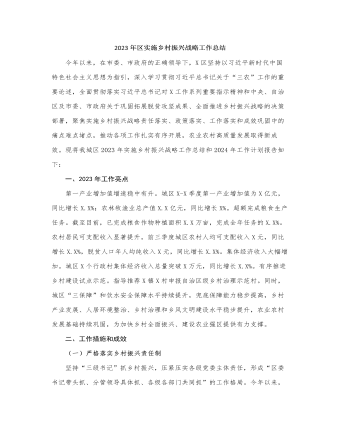
2023年区实施乡村振兴战略工作总结
- 页数:6页
- |大小:27.90KB
- 课件教案
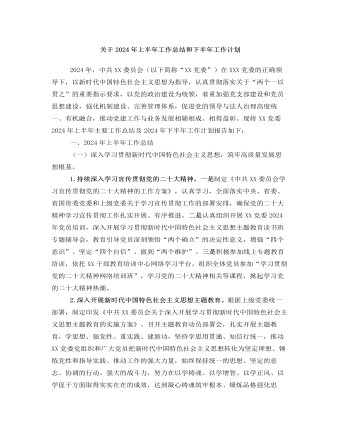
关于2024年上半年工作总结和下半年工作计划
- 页数:5页
- |大小:29.72KB
- 课件教案
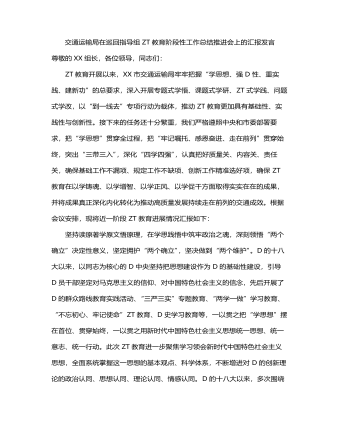
交通运输局在巡回指导组主题教育阶段性工作总结推进会上的汇报发言
- 页数:4页
- |大小:33.41KB
- 课件教案
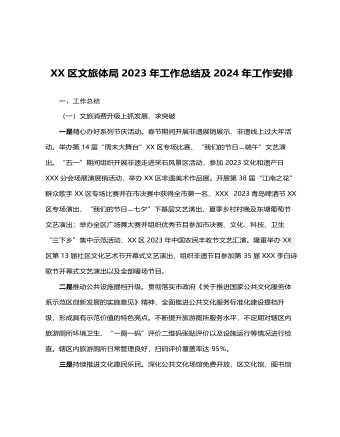
XX区文旅体局2023年工作总结 及2024年工作安排
- 页数:8页
- |大小:32.41KB
- 课件教案
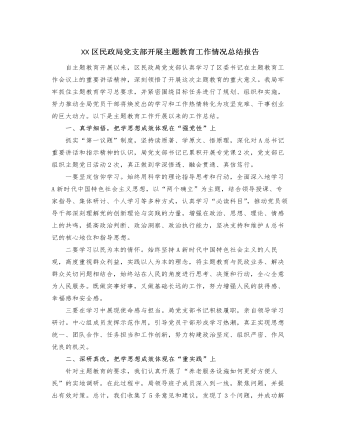
XX区民政局党支部开展主题教育工作情况总结报告
- 页数:3页
- |大小:24.47KB
- 课件教案
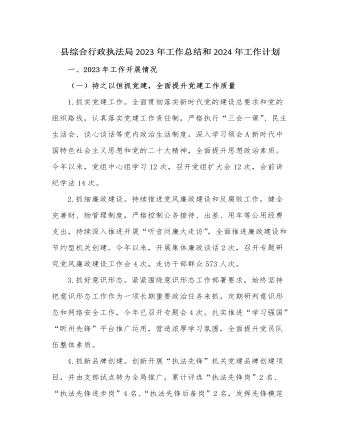
县综合行政执法局2023年工作总结和2024年工作计划
- 页数:8页
- |大小:28.37KB
- 课件教案
今日更新
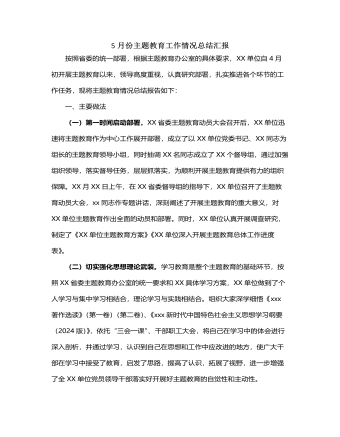
5月份主题教育工作情况总结汇报
- 页数:3页
- |大小:136.87KB
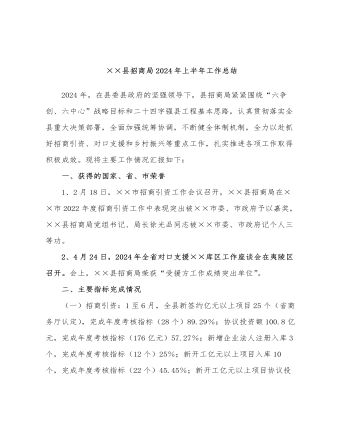
××县招商局2024年上半年工作总结
- 页数:12页
- |大小:142.54KB
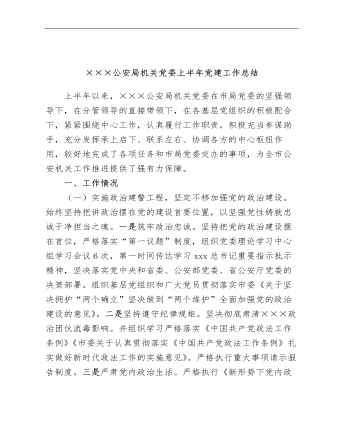
×××公安局机关党委上半年党建工作总结
- 页数:7页
- |大小:186.25KB
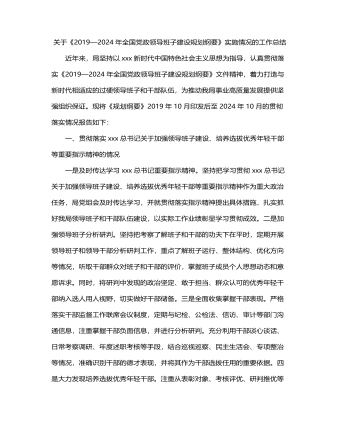
《2019—2024年全国党政领导班子建设规划纲要》实施情况的工作总结3800字
- 页数:6页
- |大小:29.16KB
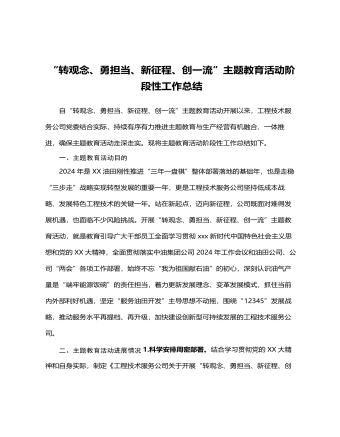
“转观念、勇担当、新征程、创一流”主题教育活动阶段性工作总结
- 页数:3页
- |大小:22.76KB
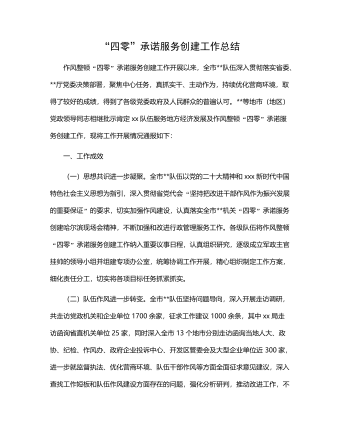
“四零”承诺服务创建工作总结
- 页数:5页
- |大小:39.83KB












